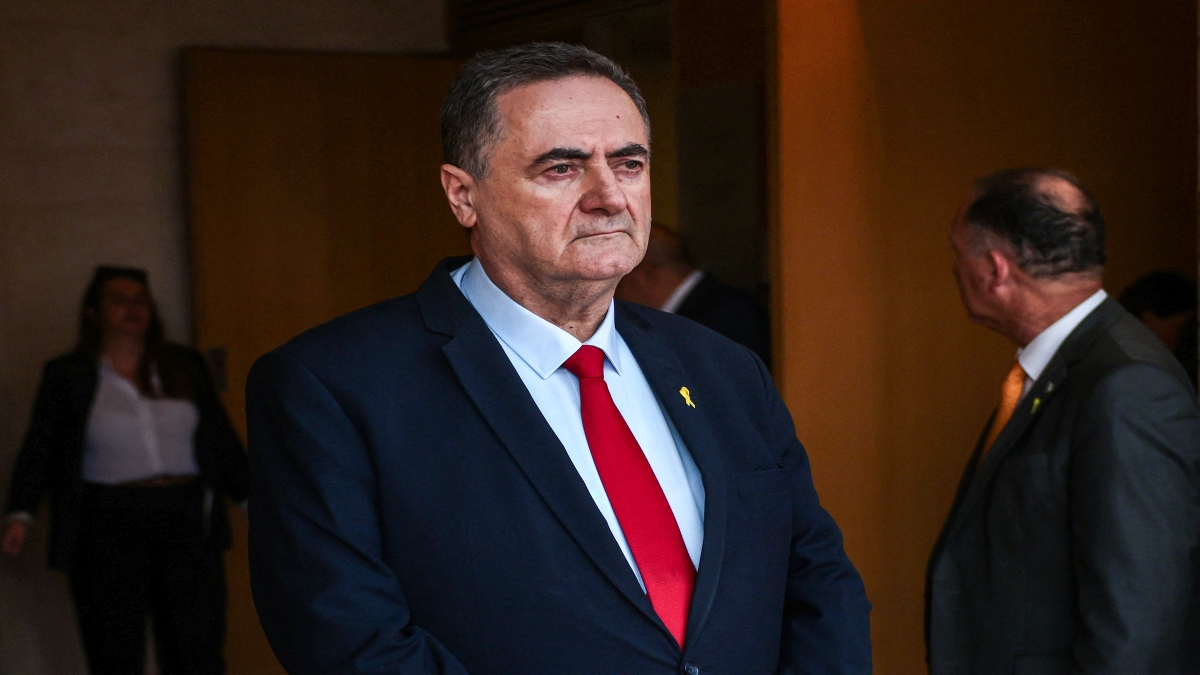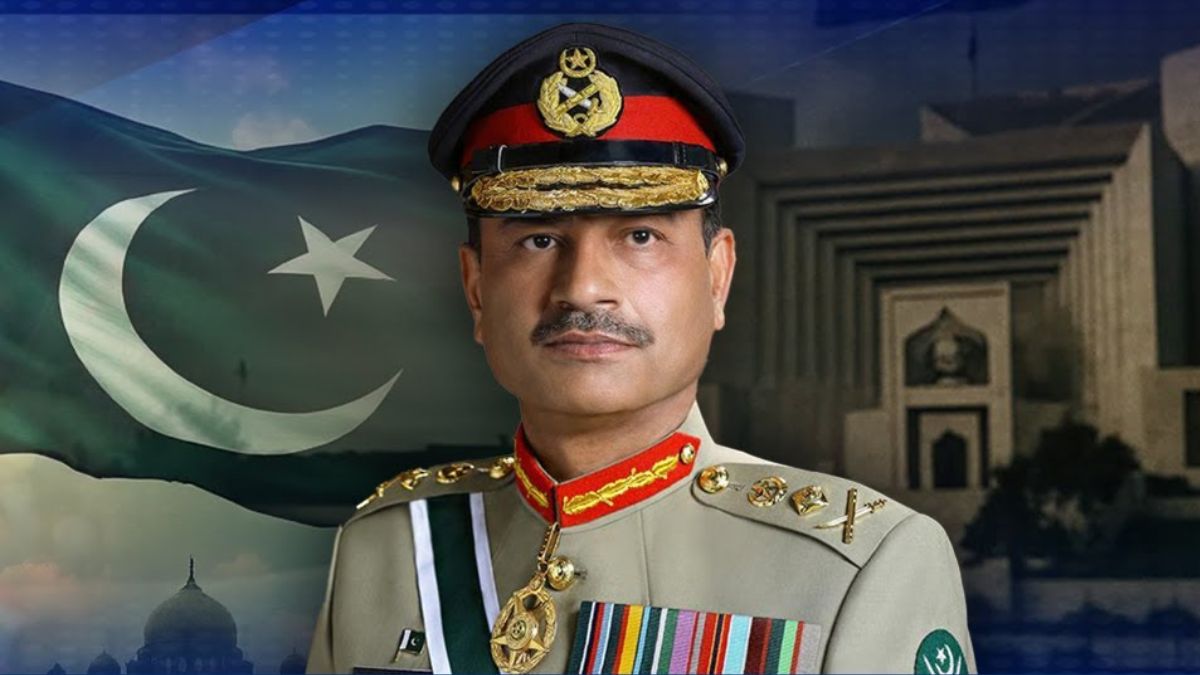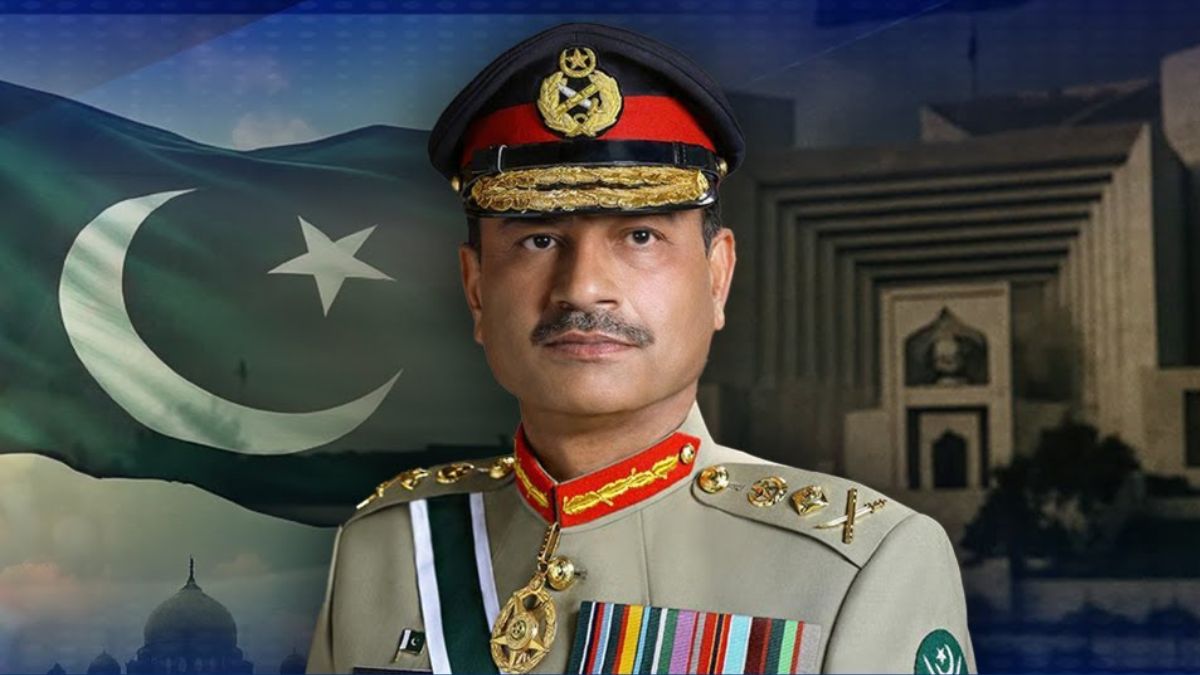Israel’s newly appointed Defence Minister Israel Katz said on Monday that “there will be no ceasefire and there will be no break in the strikes against Hezbollah” militants in Lebanon.
According to a Times of Israel report, addressing the first meeting with the IDF General Staff Forum, Katz said that “if the possibility arises and a good proposal is put forward that would allow us to claim victory… we will certainly consider it very seriously”.
Talking about Iran, the defence minister said that their nuclear sites are more vulnerable than ever, following Israel’s airstrikes on its air defence sites.
“Iran today is more exposed than ever to damage to its nuclear facilities. There is a possibility to achieve the most important goal, to thwart and remove the threat of annihilation from hanging over the State of Israel,” The Times of Israel quoted Katz as saying during the meeting.
On the Gaza Strip, Katz said the most important goal is returning the hostages.
“We will do everything to bring them home and ensure the defeat of Hamas,” he was quoted as saying.
Earlier in the day, Israel had said there was progress in talks about a Lebanon ceasefire and indicated Russia could play a part by stopping Hezbollah rearming via Syria, although the Iran-backed group said it had not received any new truce proposals.
Pummeled by Israel’s offensive, Hezbollah said political contacts were under way involving its backers in Tehran, Washington and Moscow, whilst also saying it had enough weapons for a “long war” and keeping up rocket fire into Israel.
Impact Shorts
View AllIn Jerusalem, Israeli Foreign Minister Gideon Saar said the war against Hezbollah was not yet over. The main challenge facing any ceasefire deal would be enforcement, he said, though there was “a certain progress” in talks.
After previous rounds of fruitless, US-led diplomacy to secure a Lebanon truce, the comments indicate renewed focus on the issue as President Joe Biden prepares to leave office in January, with President-elect Donald Trump set to replace him.
Hopes of a Gaza truce have meanwhile suffered a setback, with Qatar suspending its mediation role.
Ignited by the Gaza war, the conflict at the Lebanese-Israeli border had been rumbling on for a year before Israel went on the offensive in late September, pounding wide areas of Lebanon with airstrikes and sending troops into the south.
Saar, addressing a Jerusalem news conference, said Israel was working with United States on a ceasefire. Israel wants Hezbollah north of the Litani river - some 20 miles (30 km) from the border - and unable to rearm, he said.
Saar said a basic principle for any agreement had to be that Hezbollah would not be able to bring weapons into Lebanon from Syria. “It is vital to the success of any arrangement in Lebanon,” Reuters quoted him as saying.
“And the Russians are, as you know, present in Syria. And if they are in agreement with this principle, I think they can contribute effectively to this objective.”
Russia deployed forces into Syria nearly a decade ago to support President Bashar al-Assad in the civil war there. Hezbollah also sent fighters to help Assad, and carved out big sway on the ground alongside other Iran-backed groups.
Syria is widely seen as a major conduit for Iran to supply weapons to Hezbollah in Lebanon, and Israel has struck targets in Syria regularly during the conflict.
With inputs from agencies


)
)
)
)
)
)
)
)
)



